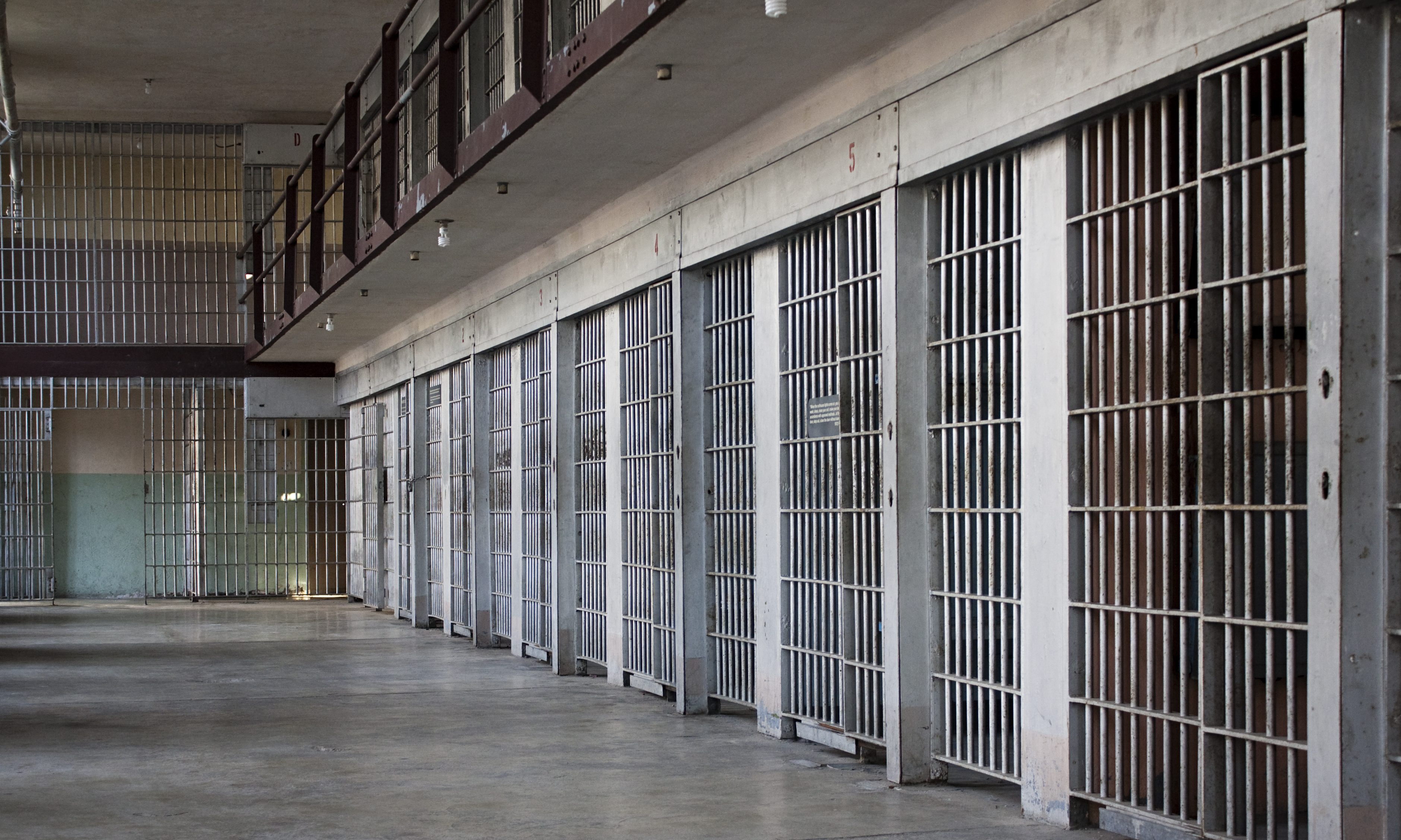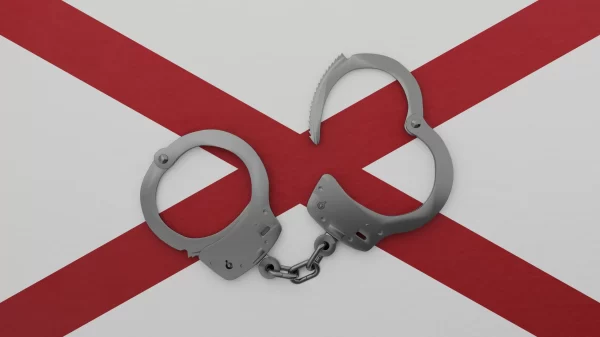Shares for the private prison company bidding to build one or more of Alabama three new prisons are down more than 50 percent this year, and the company is reconsidering its business model.
Tennessee-based CoreCivic’s shares are down by nearly 51 percent from a year ago, and down by 250 percent from 2017. The company announced last week that it had suspended its dividend and is reevaluating how it invests its money.
CoreCivic is one of two entities that Gov. Kay Ivey’s office announced will move forward in a plan to build three new prisons at an estimated cost of $900 million then lease the prisons back to the state.
CoreCivic in recent years worked to grow real estate holdings to take advantage of the company’s change in 2013, from a traditional corporation to a Real Estate Investment Trust (REIT), which allows them to save many millions through federal tax exemptions.
REIT structures also require that a company hold a certain amount of real estate in their portfolios.
Owning prisons in Alabama that the company would then lease back to the state would help CoreCivic meet that requirement, but now the company is reconsidering its corporate structure, according to the company’s president and CEO, Damon Hininger.
“While the unprecedented challenges posed by the COVID-19 pandemic continue to be a priority to ensure the safety of our staff and individuals in our care, we are also focused on creating long-term shareholder value and delivering on our company’s purpose. We believe alternatives to our current corporate structure and capital allocation strategy may better serve the interests of the Company, our shareholders, our employees, individuals in our care within our facilities, and the communities we care so deeply about,” Hininger said on June 17.
“We are a financially strong company. Nevertheless, our debt and equity securities have been trading at significant discounts to their historic multiples in recent years and to multiples applied to other real estate asset classes for many years. We do not believe these trading prices properly reflect our stable cash flow generation or the value of our real estate,” Hininger continued.
“At the market prices we have experienced for our debt and equity securities, capital has become increasingly expensive. We are examining whether other approaches may improve our growth prospects and long-term shareholder returns, while also improving our credit profile and long-term cost of capital,” he continued.
“Alternative corporate structures could allow the Company flexibility to allocate the Company’s substantial free cash flow to the highest returning opportunities which could include debt repayment, prudent return of capital to shareholders, or funding attractive growth opportunities. … Additionally, we believe alternative structures could expand opportunities for the Company to meet other partner needs that cannot be undertaken in our current structure,” Hininger said.
The company said in a statement that the next step will be to evaluate alternative corporate structure and capital allocation strategies “to determine the best approach to maximize long-term shareholder value, while also retaining flexibility for addressing the needs of our government partners and communities. The process will include an analysis of potential opportunities to recycle capital invested in certain leased assets.”
Alabama Department of Corrections Commissioner Jeff Dunn and Gov. Kay Ivey have said closing and consolidating some of the state’s existing facilities would save the state millions, and pay the cost of leasing the new prisons from whichever company or companies are selected to build.
CoreCivic and another large private prison company, Geo Group, have struggled to find financing in recent years as many U.S. banks have begun severing ties with the private prison companies. Late last year CoreCivic was seeking a $250 million loan from the Japanese financial firm Nomura Holdings Inc., according to several news accounts.
Birmingham-based Regions Bank continued to provide financing to CoreCivic, however, a spokeswoman for Regions confirmed for APR in December 2019.
The U.S. Department of Justice detailed systemic problems with violence, sexual assaults, drugs and corruption in Alabama’s prison system in a report released in April 2019 in which the department found that Alabama may be in violation of prisoners’ Constitutional rights.
CoreCivic has eyed land in Elmore County for one of the state’s new prisons.
The other entity still in the running to build one or more of the state’s planned three new prisons is Alabama Prison Transformation Partners, a group with no Internet presence, made up of Star America, BL Harbert International, Butler-Cohen, Arrington Watkins Architects and Johnson Controls, Inc.




















































